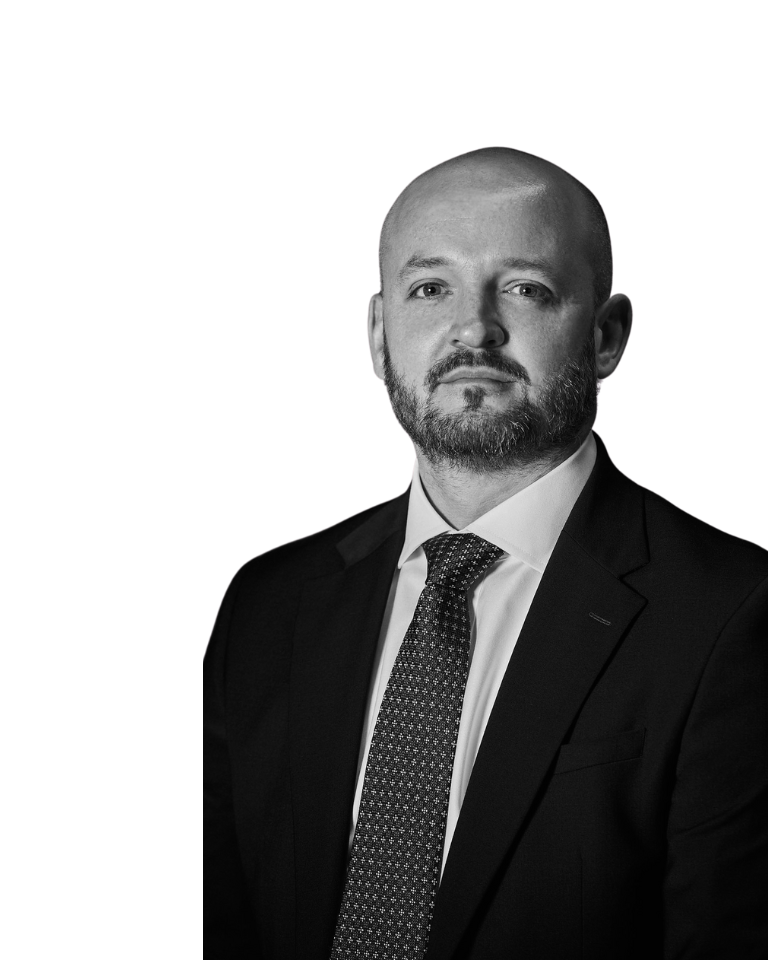Even though the professional’s conduct may have fallen well below the expected standard, it is necessary to show that the failure actually caused the loss that was suffered. This involves questioning whether, “but for” the actions of the professional, would the client have suffered the loss?
The second aspect of causation is ‘remoteness’, that is whether the type of loss suffered by the client is foreseeable to the extent that the parties could reasonably expect the loss to arise from the alleged breach.
If the loss would have been suffered regardless of the professional’s conduct, or the loss is too remote, then a claim will not succeed.











